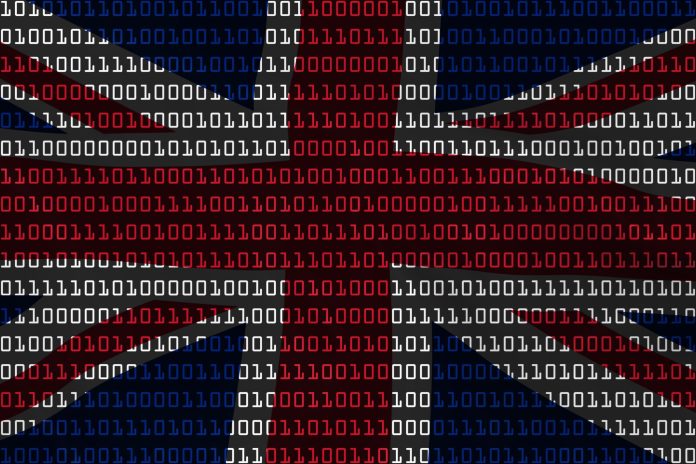Through this process, Ofcom aims to award spectrum in the 26 GHz and 40 GHz bands
U.K. telecom regulator Ofcom has provided updates on how it will make mmWave spectrum available in the 26 GHz and 40 GHz bands.
In September 2023, Ofcom had announced that it will open these spectrum bands to mobile technology, including 5G services, for the provision of faster 5G speeds across 68 towns and cities across the U.K. Ofcom aims to award several 15-year, fixed term citywide licenses to use the mmWave frequencies in 68 major towns and cities across the U.K., as well as some localized licenses for “low density areas” within those cities via a shared access licensing framework.
The regulator noted that this spectrum can carry large amounts of data and has the potential to improve mobile speeds in busy areas, such as train stations, football stadiums and concert venues. It could also support innovative services such as virtual reality and factory automation, Ofcom said.
“In November, we set out most of the design aspects for the auction to award citywide licenses in these spectrum bands. Having considered responses to a further consultation we published at that time, we have today decided not to include a negotiation period in the assignment stage of the auction,” the telecom watchdog said.
In the latest update, Ofcom has also confirmed that the mmWave spectrum auction will not include, during the final assignment stage, a negotiation period which would normally give winners of spectrum in a band an opportunity to agree that their respective allocations of spectrum will be adjacent.
Ofcom also said it will not include rules governing the location of any unsold spectrum in the 40 GHz band in the assignment stage of the auction, other than to require that any unsold 40GHz lots are treated as a single, contiguous block.
Ofcom had previously confirmed it will not hold an auction of mmWave spectrum until a decision has been made by the country’s competition authorities on a proposed merger between local carriers Vodafone and Three UK.
The regulator had said it does not expect a decision from the Competition and Markets Authority (CMA) about the proposed merger until September 2024.
In May 2021, the U.K. completed its most recent 5G spectrum auction, raising a total of £1.35 billion (currently $1.68 billion).
In this process, mobile operator EE secured 2×10 megahertz of paired frequency spectrum in the 700 MHz band at a cost of £280 million; 20 megahertz of supplementary downlink spectrum in the 700 MHz band at a cost of £4 million; and 40 megahertz in the 3.6-3.8 GHz band at a cost of £168 million.
Three UK paid £280 million for 2×10 megahertz of paired frequency spectrum in the 700 MHz band, while O2 secured 2×10 megahertz of paired frequency spectrum in the 700 MHz band at a cost of £280 million; and 40 megahertz in the 3.6-3.8 GHz band at a cost of £168 million.
Meanwhile, Vodafone paid £176.4 million for 40 megahertz in the 3.6-3.8 GHz band.
In 2019, U.K. telcos obtained spectrum for the provision of 5G services. These frequencies enabled the operators to launch 5G services in 2019.

